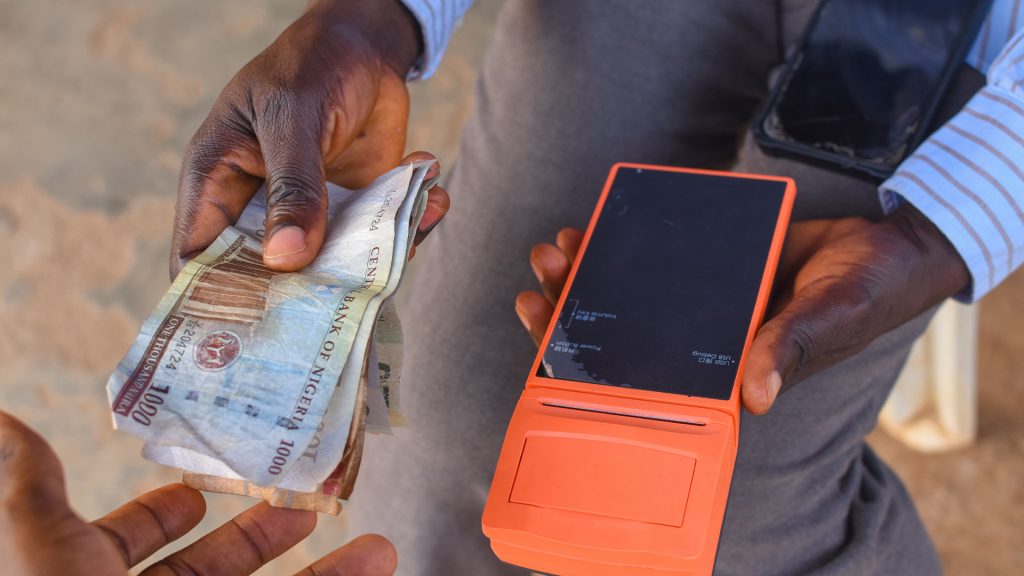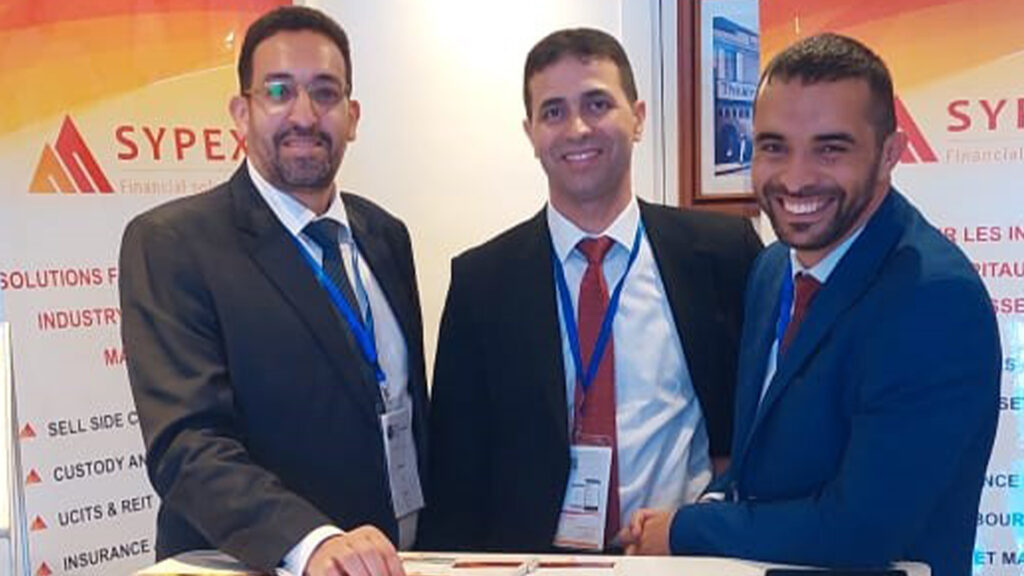The move aims to generate revenue that would help cover the costs of continuous development and digital transformation initiatives undertaken by banks.
Finance (Category)
Showing all articles in this category.
Browse Our Latest Articles
In Libya, a shortage of cash in the banking system has pushed many to turn to cards for payments.
The end of the year is fast approaching, and with it, the festive season and general anticipation for that hard-earned vacation that many South Africans work so hard for during the year. While this is a time of good cheer and increased shopping a...
While the global economy is becoming increasingly interconnected, the need for standardized financial processes has never been greater. Continuous Transaction Controls offer a relatively new approach to transaction data reporting and verification ...
In recent years, savvy Nigerian investors have been expanding their portfolios beyond local markets, seeking stable, high-yield opportunities abroad.
Despite the access to financial services that mobile money has introduced across Africa, a significant portion of the population remains unbanked and underserved. Data sharing holds the key to unlock the continent's vast economic potential. ...
Cash is a uniquely expensive and inconvenient way to do business. However, shifting to a world of cashless payments is easier said than done, as many policymakers have discovered to their cost. The Nigerian Government is taking unprecedented steps...
Delivering unparalleled fintech solutions for capital market industries, SYPEX introduces its software to a plethora of clients withing to invest, and manage their investments, with ease. Here we learn more from Co-founder and Associate Director H...
China has written off an unspecified amount of Zimbabwe's interest-free loans and pledged to help the Southern African country find a way out of its debt crisis, even as activists warned of a permanent debt trap.
After a brief upward trend spanning two months, the headline inflation rate in South Africa showed signs of moderation, declining from 5.6% in February to 5.3% in March.
The regulatory body for insurance in Nigeria has acknowledged Artificial Intelligence (AI) as being key to the future of insurance business in the country.
The monthly BankservAfrica Take-home Pay Index (BTPI) experienced another positive month in February amid the better-performing environment, resulting in companies increasing their employees' average salaries over the last three months.
Looking for a particular article?
 Product Brochure
Product Brochure
Our product brochure contains a comprehensive overview of the branding and recognition opportunities we offer. It features a range of magazine front cover and editorial examples, as well as newsletter examples, a selection of our prestigious trophies and plaques, and a variety of digital offerings designed to enhance visibility and impact.
 Media Pack
Media Pack
Our media pack contains everything you need to understand our brand’s reach and opportunities. It offers a detailed look at our awards programmes, advertising options, testimonials, upcoming features, and more, making it an essential resource for businesses looking to maximise their visibility across the Middle East and Africa.























